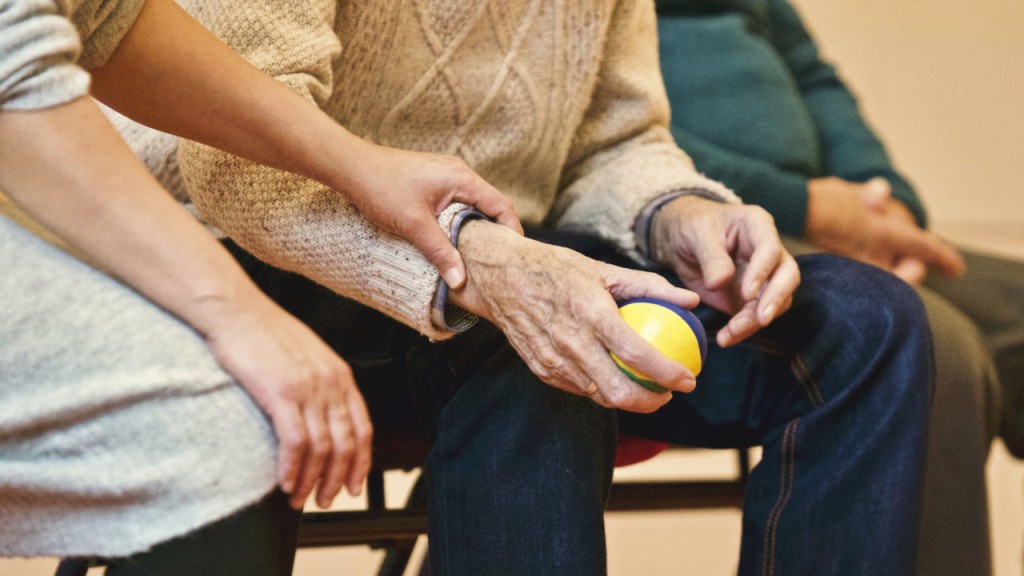Bullying is often discussed in relation to youth, but it’s a problem that can occur at almost any age. When discussing bullying as adults, it’s important to remember that bullying is often made up of small, repetitive incidents that seem insignificant on their own, but over time have a serious and detrimental effect on individuals and the wider workplace.
A report by Beyond Blue found that almost 1 in 2 Australians will experience workplace bullying at some time in their lives. Far from being a small annoyance, bullying can have real effects on people’s mental health. Let’s look at workplace bullying, and how it can have long-reaching consequences for individuals and their companies.
What is Workplace Bullying?
“Heads Up” defines workplace bullying as “repeated and unreasonable behaviour directed towards an employee or group of employees, that creates a risk to health and safety”. Bullying embarrasses, threatens or intimidates the person being bullied. It can happen in person, but can also happen out of sight or online.
The “risk to health and safety” applies when someone’s mental health is at stake, as well as their physical safety. Workplace bullying takes many forms, and it can have a significant effect on the health and wellbeing of the person being bullied, as well as on the culture of the workplace.
There are several types of bullying behaviour that are more common.
Cyberbullying:
People can be bullied using technology. That might include having messages sent either to the person or about them via various forms, sharing media about a person such as videos or pictures, or posing as that person online.
Social bullying:
Deliberately leaving someone else out in an attempt to make them feel bad, deliberately excluding someone from a conversation, using social gatherings to say unpleasant things about a person. Bear in mind, that doesn’t mean that everyone should be invited to every social gathering! Bullying occurs when the person is being repeatedly left out with the deliberate intent of making them feel excluded.
Physical bullying:
Taking or destroying someone’s property or any unwanted touch can be a form of bullying. Physical bullying is starting to cross the line into explicitly illegal behaviour such as assault and theft.
Emotional bullying:
Ridiculing, intimidating, or putting someone else down repeatedly is emotional bullying.
The Impact of Bullying
Bullying has a different effect on each person. People might feel alone, scared, powerless or miserable. Repetitive bullying can be overwhelming and feel like escape is impossible. Some people get angry, and spend time planning retribution. The effects of being bullied can build up over time, creating a high pressure situation.
Bullying can affect every part of someone’s life, from their relationships, confidence, how they present themselves, and what coping strategies they employ. People who are being bullied are often constantly on the alert to avoid unpleasant situations, which can be mentally exhausting and impact their working life.
Bullying in the workplace can have an effect on the business as well, especially because of lost productivity, absent employees, high turnover and low morale. The combined cost of bullying in Australian workplaces is estimated to be between $6 billion and $36 billion a year.
Putting a Stop to Workplace Bullying
In the past, management have often addressed bullying as an individual issue. However, beyondblue research has found that it is actually environmental factors that drive bullying, such as poor organisational culture and a lack of strong leadership.
Creating an environment that doesn’t allow bullying behaviour to occur is the best way to stop it from escalating. Businesses need to create strong, consistent approaches that do not tolerate bullying behaviour. A positive, respectful work culture goes a long way towards stopping bullying in the workplace.
If bullying does occur, the most important thing that individuals and businesses can do is treat it seriously. Bullying is often made up out of small incidents that seem insignificant on their own, but can build up to make a person miserable. Anyone who is being bullied needs to feel heard and supported. If you are being bullied, make sure you find a trustworthy person to talk to. Workplace bullying is a serious issue, and the impact on mental health should not be taken lightly by anyone involved.







